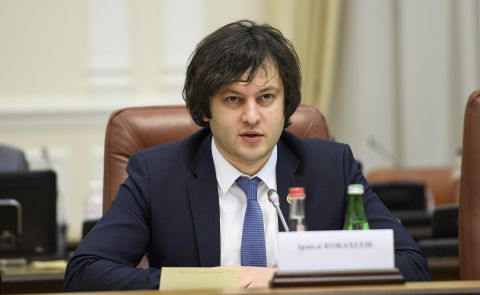
Georgian Dream Unveils New Controversial 'Anti-LGBT' Legislation

On 25 March, Mamuka Mdinaradze, the leader of the Georgian Dream party's parliamentary majority, presented a draft constitutional law aimed at 'protecting family values and the well-being of minors'. The announcement was made during a press conference at the party's headquarters. Mdinaradze outlined the main principles of the bill.
The bill focuses on regulating relationships akin to marriage, stipulating that such unions are exclusively between a genetically male and genetically female individual, both of whom must be at least 18 years of age. It specifies that only married couples, as recognized by the Georgian Constitution and laws, or heterosexual individuals are eligible to adopt or foster minors. The draft law explicitly bans any medical procedures intended for gender transition. Furthermore, it mandates that all official documents issued by state or local authorities must only denote the sex of an individual as either female or male based on genetic characteristics.
The proposal also declares any action by a public body or person that limits the use of gender-specific language as invalid. It prohibits public gatherings that advocate for same-sex relationships, incest, adoption, or foster care by same-sex couples or individuals who are not heterosexual, as well as those promoting gender transition surgeries or the avoidance of gendered terms. The distribution of materials or content that promotes these topics is similarly banned, as is the dissemination of such information within educational institutions, whether public or private.
The politician argued: “In my opinion, the gathering of much more than 90% of the population of Georgia and the presentation of such non-traditional lifestyle people's sexual views on the street, as well as coming to churches and schools and demonstrating this, concrete demonstration of some sexual topics in the form of a march, is viewed as propaganda…”
Mdinaradze indicated that following the passage of this constitutional law, the Parliament intends to deliberate on amending Article 30 of the Georgian Constitution. This amendment would further cement the protection of family values and the rights of minors as a constitutional mandate.
Despite anticipating opposition from other political parties, Mdinaradze expressed optimism that the constitutional amendment and law would be approved in the parliamentary session following the October elections.
This development follows a previous announcement by Mdinaradze about drafting legislation that he termed "anti-LGBT propaganda." This came after criticisms that such a law would be unconstitutional, leading to a strategic shift towards amending the Georgian constitution to incorporate these protections.
For a constitutional law to be enacted in Georgia, it requires the support of three-quarters (113 votes) of parliamentary members, highlighting its significance within the framework of the Georgian Constitution, even though it is not directly incorporated into the constitution's text.
See Also

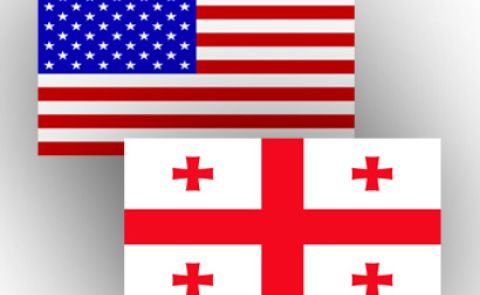
Kobakhidze Meets US Senator Daines to Discuss Bilateral Relations
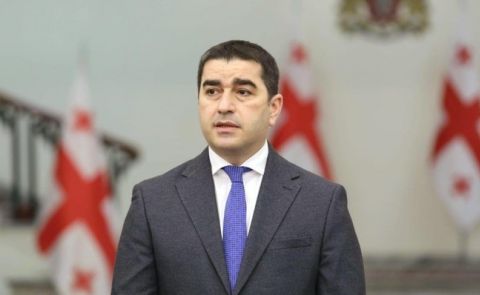
Georgian Speaker Condemns Embassy Travel Warnings as Economic Attack
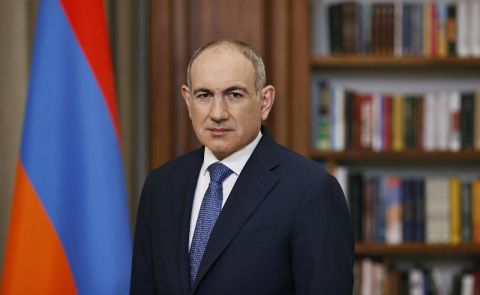
Political Crisis Deepens Between Armenian Government and Apostolic Church After Pashinyan’s Remarks
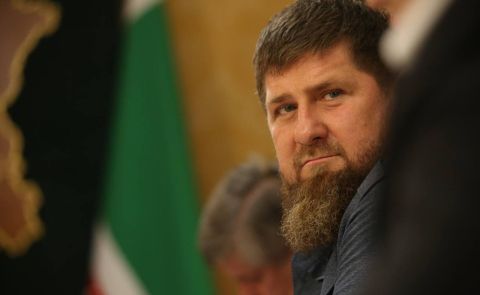
Ramzan Kadyrov Awards Title to Ingush Businessman

